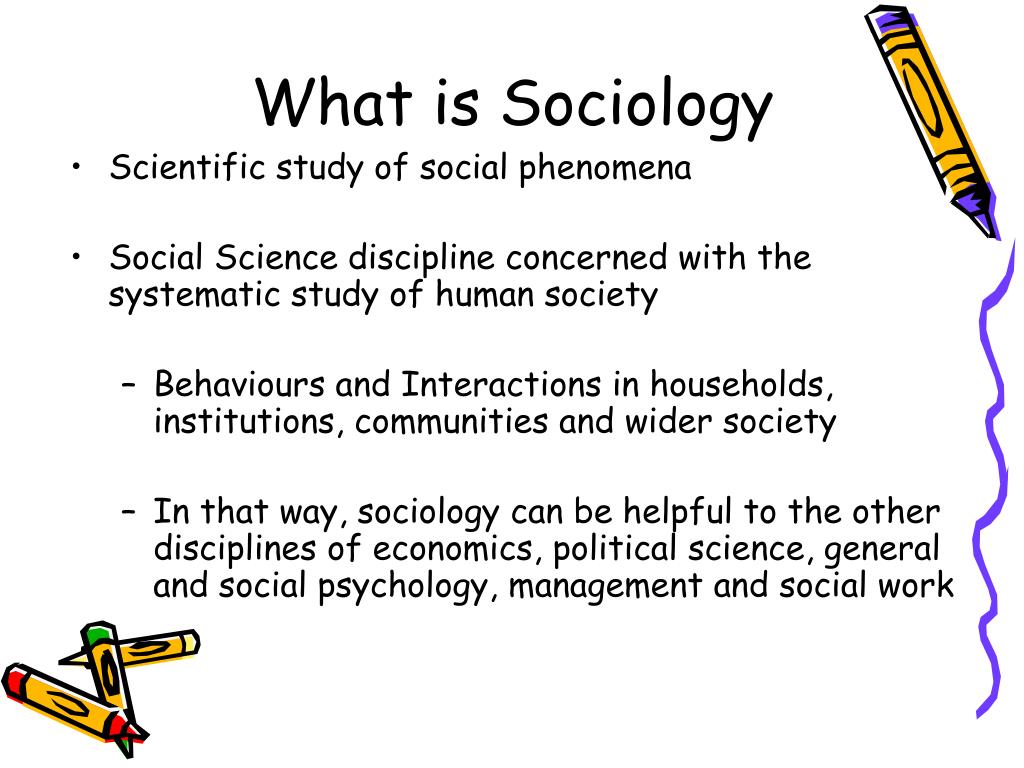Imagine walking into a crowded coffee shop. You see people from all walks of life, interacting in their own unique ways. There’s a bustling group of friends, a couple engrossed in conversation, a solitary writer lost in their thoughts. This seemingly ordinary scene is, in reality, a microcosm of the vast and complex tapestry of human behavior. It’s these interactions, these patterns, and these social structures that are the subject of sociology, a fascinating field that seeks to understand the hows and whys of our collective existence.

Image: soci.franklin.uga.edu
If you’ve ever been curious about the forces that shape our world, from the influence of social media on our identities to the impact of globalization on communities, then a general sociology class may just be the perfect starting point for your journey into this captivating world. Let’s dive into the intricacies of this compelling discipline and uncover the unexpected insights it offers.
Understanding the Human Condition: Defining Sociology and its Significance
Sociology, at its core, is the scientific study of society. It delves into the intricate web of social interactions, patterns, and structures that govern our lives. Sociologists, like detectives of the social world, employ a range of methods – from rigorous statistical analysis to qualitative interviews – to uncover the mechanisms behind human behavior and its consequences.
The significance of sociology lies in its ability to illuminate the complexities of our shared human experience. By studying social phenomena, we gain a deeper understanding of ourselves, our communities, and the world around us. It helps us to question assumptions, challenge biases, and develop critical thinking skills that are essential for navigating an increasingly interconnected global society.
Exploring the Roots of Sociology: A Historical Overview
The roots of sociology can be traced back to the 18th and 19th centuries, a period marked by profound social and political upheaval. As the Industrial Revolution reshaped societies, thinkers began to grapple with the complexities of urban life, social inequalities, and the rise of new ideologies.
Among the pioneers of sociology were Auguste Comte, who coined the term “sociology” and envisioned it as a science of society, and Émile Durkheim, known for his studies on social solidarity and the impact of social forces on individual behavior. Karl Marx, with his theories on class struggle and capitalism, also contributed significantly to the development of sociological thought.
Deconstructing the Building Blocks of Society: Key Sociological Concepts
Sociology operates with a rich set of concepts that provide a framework for understanding the social world. Some of the key concepts you’ll encounter in a general sociology class include:
- Socialization: The process through which individuals learn the norms, values, and beliefs of their society.
- Culture: The shared beliefs, values, practices, and material objects that characterize a society.
- Social Stratification: The hierarchical arrangement of individuals and groups within a society based on factors like wealth, power, and prestige.
- Social Institutions: Established patterns of behavior and organized structures that fulfill essential functions in society, such as family, education, and government.
- Social Groups: Collections of individuals who share common interests, goals, or characteristics and interact with each other.
- Deviance: Behaviors or actions that violate societal norms and expectations.

Image: fity.club
Beyond the Textbook: Real-World Applications of Sociology
The insights gleaned from sociological research hold practical value across various fields. For instance, sociologists contribute to:
- Public Policy: By analyzing social issues like poverty, crime, and inequality, sociologists provide data and recommendations for policy development.
- Healthcare: Understanding the social determinants of health, like socioeconomic status and access to healthcare, helps improve public health initiatives.
- Education: Research on educational inequality and the impact of social factors on student success informs educational policy and programs.
- Business: Studying consumer behavior, organizational dynamics, and cultural influences on marketing helps businesses succeed in a global market.
Unveiling the Shifting Landscape: Emerging Trends in Sociology
The field of sociology is constantly evolving in response to new social realities and technological advancements. Some of the emerging trends shaping contemporary sociological research include:
- The Digital Age: Sociologists are increasingly exploring the impact of social media, online communities, and digital technologies on communication, identity, and social interactions.
- Globalization: The interconnectedness of nations and cultures is shaping sociological discussions on migration, transnationalism, and global inequalities.
- Climate Change: Sociologists are examining the social, economic, and political implications of climate change, focusing on issues like environmental justice and resource scarcity.
- Artificial Intelligence: The rise of AI raises ethical, social, and economic questions that sociologists are actively exploring, including the implications for labor markets, privacy, and social control.
Navigating the Complexities: Tips for Success in a General Sociology Class
A general sociology class can be both stimulating and challenging. Here are some tips to help you make the most of your learning experience:
- Engage Actively: Attend class regularly, participate in discussions, ask questions, and challenge your own assumptions.
- Read Critically: Approach assigned readings with a critical eye. Identify the main arguments, supporting evidence, and potential biases.
- Connect Concepts to Real Life: Look for examples of sociological concepts in your everyday life. How do social forces influence your experiences, relationships, and decisions?
- Collaborate with Peers: Discuss readings and concepts with classmates. Different perspectives can deepen your understanding of the material.
- Seek Support: Don’t hesitate to ask your professor or teaching assistant for help if you are struggling with the material.
Remember, sociology is not just about memorizing facts; it’s about developing a critical lens through which to examine the social world. By embracing the challenges and opportunities offered by a general sociology class, you’ll gain invaluable skills for navigating the complexities of our interconnected world.
Common Questions About General Sociology
Q: Is sociology a difficult subject to study?
The difficulty of sociology depends on your prior knowledge and learning style. While it requires critical thinking and analytical skills, it can be made more accessible by engaging actively in class, reading widely, and connecting concepts to real-life examples.
Q: What kind of career paths are available with a sociology degree?
A sociology degree can open doors to a variety of careers in fields like social research, social work, policy analysis, education, marketing, and journalism. It equips you with skills in critical thinking, communication, data analysis, and problem-solving, making you valuable in diverse workplaces.
Q: Is sociology relevant to my everyday life?
Absolutely! Sociology helps you understand the social forces shaping your experiences, relationships, and choices. It provides insights into consumer behavior, cultural trends, social inequalities, and the impact of technology on society.
General Sociology Class
Conclusion
A general sociology class can be a transformative experience, expanding your understanding of human behavior, social structures, and the forces that shape our world. It’s a journey into the intricacies of human interaction, a quest to uncover the stories behind the social patterns we often take for granted.
While the class might challenge your perspectives and push you to think critically, it will ultimately equip you with a new lens through which to view the world, fostering a deeper appreciation of the complexities and interconnectedness of our human experience. Are you ready to embark on this journey?






